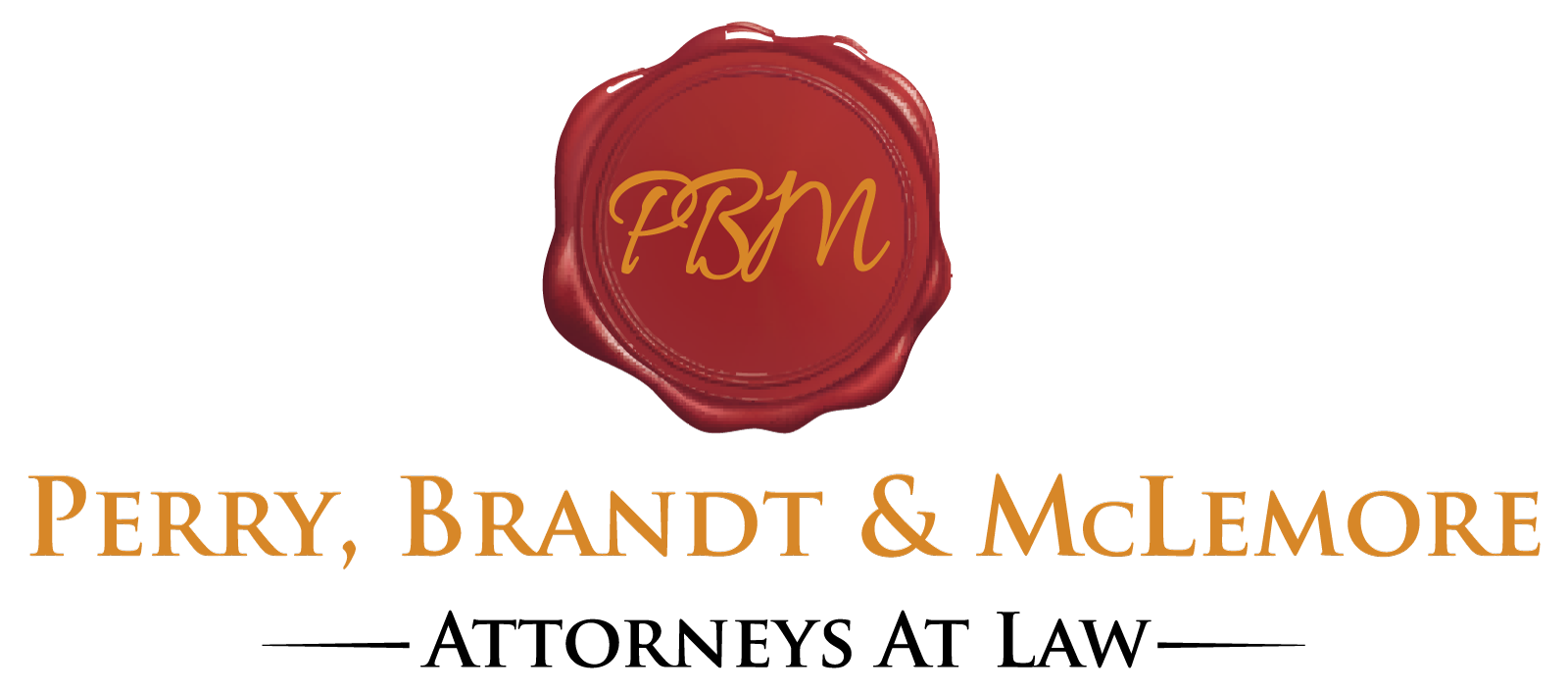If you drive a car, at some point you will likely be involved in a wreck. If you own a car, you receive a premium notice from your insurance carrier at least once a year. I am often asked to assist in resolving a property damage or personal injury claim. Here are some of the most frequent questions I receive in regard to those claims.
I was just in an auto collision that has been reported to my insurance company. Is my insurance going up? It is if the wreck was “chargeable” to you. That means your insurance carrier determines that you are at fault in causing the collision.
Fault is determined by who the police officer gives the ticket to, correct? Usually but not always. Your insurance policy states that your insurance company can make the final determination on who caused the collision. The company certainly considers the police officer’s opinion, and reviews his collision report, but your insurance company is not bound by the police officer’s opinion as to who was at fault.
Can I receive insurance points if the wreck was not chargeable to me? No. The North Carolina Safe Roads Act prohibits your insurance company from increasing your rates just because you were in an accident. The accident has to be chargeable to you before you get points.
I was hit by an uninsured driver. It was his fault. I have uninsured motorist’s coverage on my policy but I am concerned that if I use my own insurance coverage, my rate will go up. Will it? No. It’s still a matter of who was at fault in causing the wreck. If the uninsured driver was at fault, your rates won’t go up even if your own insurance company has to pay for the damages.
What is the difference between uninsured and underinsured coverage? Uninsured coverage means the driver that hit you had no insurance coverage at all. Underinsured coverage pays when the “at fault” driver had some coverage, but not enough to cover all the damage caused in the wreck. The minimum bodily injury coverage in North Carolina, for example, is $30,000.00 per person. Therefore, if you are injured in a collision and your medical bills, lost wages and other damages are more than $30,000.00, you can utilize your own coverage to pay the difference. Again, assuming the wreck was not your fault, your insurance premium will not go up as a result of using this coverage.
There is something on my policy called “Medical Payments” coverage. What is that? Often called “med pay,” this is additional coverage of (usually) between $1,000.00 and $5,000.00 that pays the medical bills incurred by you or a person in your vehicle who was injured in a wreck. Again, using your “med pay” does not affect your insurance premium.
My son hit a friend’s car and did relatively minor damage. Should I report it to my insurance company or pay for it myself? Your policy requires that you immediately report any motor vehicle collision. If you don’t immediately report, your company may not agree to cover the damage later should you change your mind about paying the damages yourself. However, it is a common practice for people to take care of minor damage out of their own pocket. If it doesn’t get reported, it will likely save insurance points. Be aware that the police must be called to a wreck scene where the collision results in property damage or personal injury.
Someone hit my daughter in the school parking lot and is requesting that I not report it to their insurance company. Should I cooperate in that (this is the flip side of the previous question)? There is some risk here also. If the person at fault pays for your damage, then you really have lost nothing and have done them a favor. If they change their mind later or do not have the financial ability to pay, you run the risk of not being able to collect from their insurance company. I typically advise people to at least get the negligent driver to write a statement indicating he was at fault and take a few pictures. That way, if he later refuses to pay, it is harder for his insurance carrier to claim they have been prejudiced by the delay in reporting. Most insurance companies, if the delay is relatively short and there does not appear to be any collusion or deception, will pay the claim.
If I cause an accident and get a traffic ticket, do I get a double insurance increase? No. The Safe Roads Act only allows assessment of insurance points for one or the other (the higher of the two). Also, in most jurisdictions in our state, where the damage is relatively minor, the District Attorney will dismiss minor traffic citations issued as a result of the bad driving that caused the wreck, as long as the offending driver or his insurance company has paid the damages.
